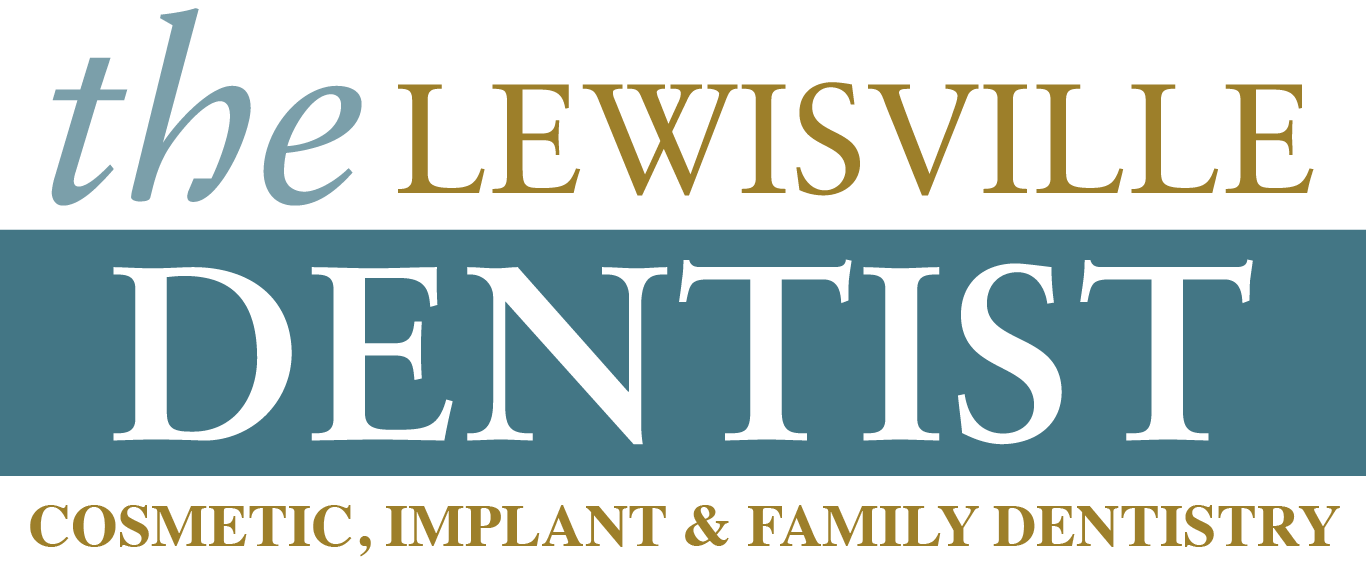temporomandibular joint dysfunction (TMD) Treatment in Lewisville, TX

Millions of Americans suffer from chronic facial and neck pain as well as recurrent headaches. In many cases, pain or headaches are due to temporomandibular disorder, commonly referred to as TMD.
Your temporomandibular joints, the jaw joints known as TMJ, connect your lower jawbone to your skull. As you may imagine, your TMJ gets a lot of use throughout the day as you speak, chew, swallow, and yawn. Pain in and around your TMJ can be unpleasant. This type of joint pain can cause headaches and may even restrict movement.
Symptoms of TMD include:
- Pain in the jaw (TMJ) area.
- Pain, ringing, or stuffiness in the ears.
- Frequent headaches or neck aches.
- Clicking or popping sound when the jaw moves.
- Swelling on the sides of the face.
- Muscle spasms in the jaw area.
- A change in the alignment of top and bottom teeth.
- Locked jaw or limited opening of the mouth.
Should you notice any of these symptoms of TMJ disorder, let us know! Our family dentistry team can help advise you as to whether they indicate the presence of TMD, and what sort of treatment is appropriate for you.

Avoiding Headaches and Other TMD Symptoms
If you don’t have any of these TMD symptoms, let’s keep it that way! There are some simple things you can do at home or work to prevent TMD from occurring in your jaw joints:
- Relax your face – remember the rule: “Lips together, teeth apart.”
- Avoid grinding your teeth.
- Avoid constant gum chewing.
- Don’t cradle the phone receiver between your head and shoulder – either use a headset or hold the receiver to your ear.
- Chew food evenly on both sides of your mouth.
- Do not sit with your chin rested on your hand.
- Practice good posture – keep your head up, back straight, and shoulders squared.
Get rid of pain and dysfunction with TMJ treatment in lewisville!
If you are suffering from constant unexplained headaches, the problem may be with your TMJ muscles. Call, text, or email Lewisville cosmetic dentist Dr. Muhammad Murad today for a TMD consultation. We offer a fantastic night guard option to help with TMD, but Dr. Murad will be able to determine if seeing a TMJ specialist is needed to solve your problem permanently.

